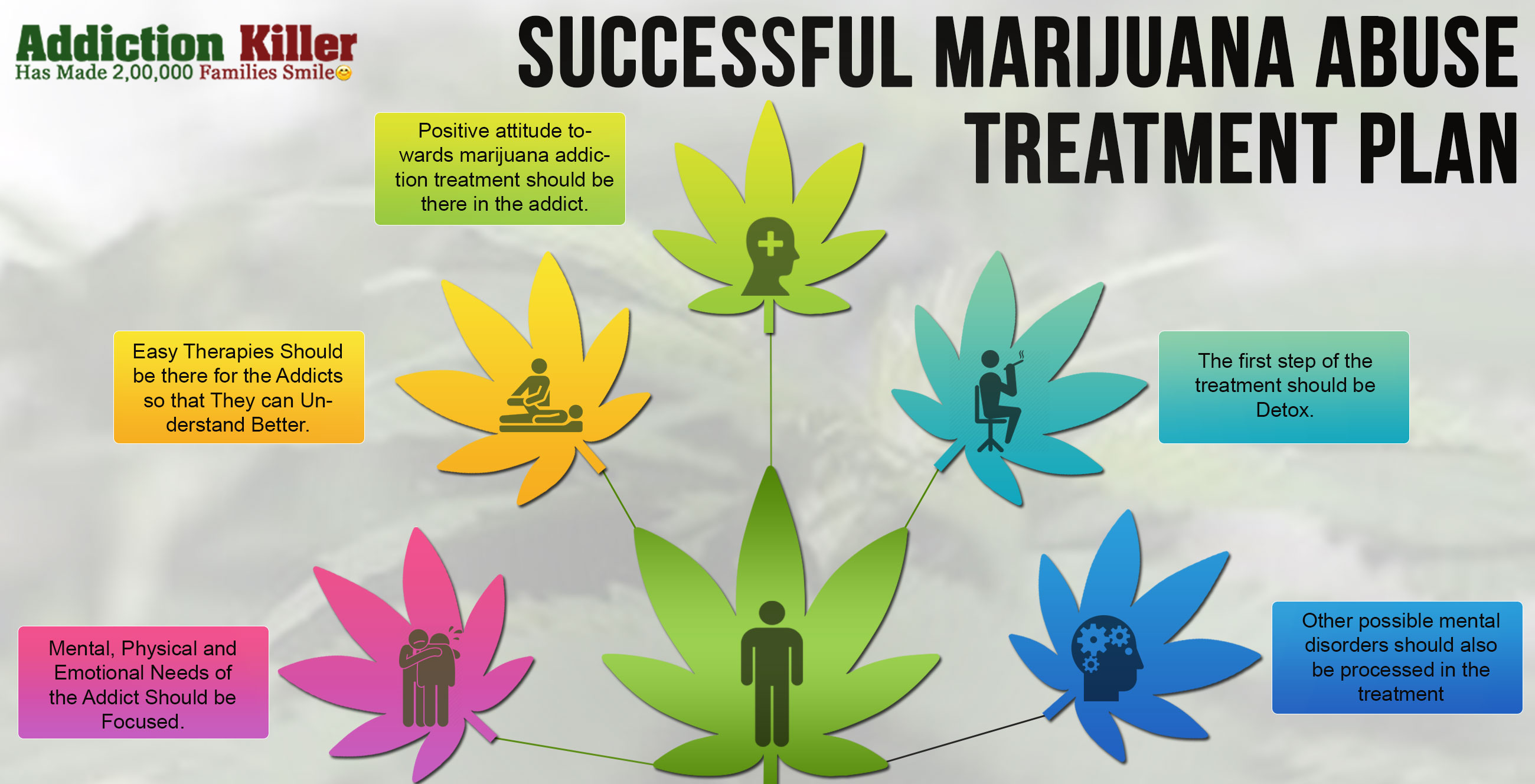Hangover basically is not a disease but it can be identified as a defect. This defect if not cured on time, can ruin your entire day. There are many Hangover Remedies which can be used.
For many individuals, drinking alcohol is nothing over pleasing and to relax. However, individuals with alcohol use disorders drink to excess, endangering themselves. Healthy drinking is all about balance and making smart decisions. It's gathering season, which implies daily boozy slams which will both grow your waistline and sledge your head. There's no alcohol treatment for a hangover - no magic bullet that'll cure your sore head and weak limbs - but there are Hangover Remedies like foods and drinks which can alleviate some of the symptoms. Liquor is a diuretic, which implies it drives fluids out of the body.
That implies your mind will begin drawing water from parts of your body, for example, your cerebrum and stomach - prompting migraines and disturbed bellies separately.
Here's the way to Exile that after effect back to where it originated from.
Stage 1: Drink More water than you usually take: at You get up the morning following an overwhelming night out and you have glasses of water spotted all around the house like your wan from that film Signs.
Step 2: The low-key hangover savior is the humble egg: Bubble it, scramble it, poach it or broil it.
Step 3: Getting Lots of Sleep: Rest is useful on the grounds that it gives your body more opportunity to use the liquor,"
Step 4: Please hug me: Human contact is an integral successful part to lessen the hangover combat. It is a fundamental piece of effective aftereffect battle.
Step 5: Get up and get out By rights, this should be the final stage. So set up your goals and get going without wasting any single minute.
We all get only one life to live. Make this life worth. Do take care of your near
& dear ones.
Read More:




























